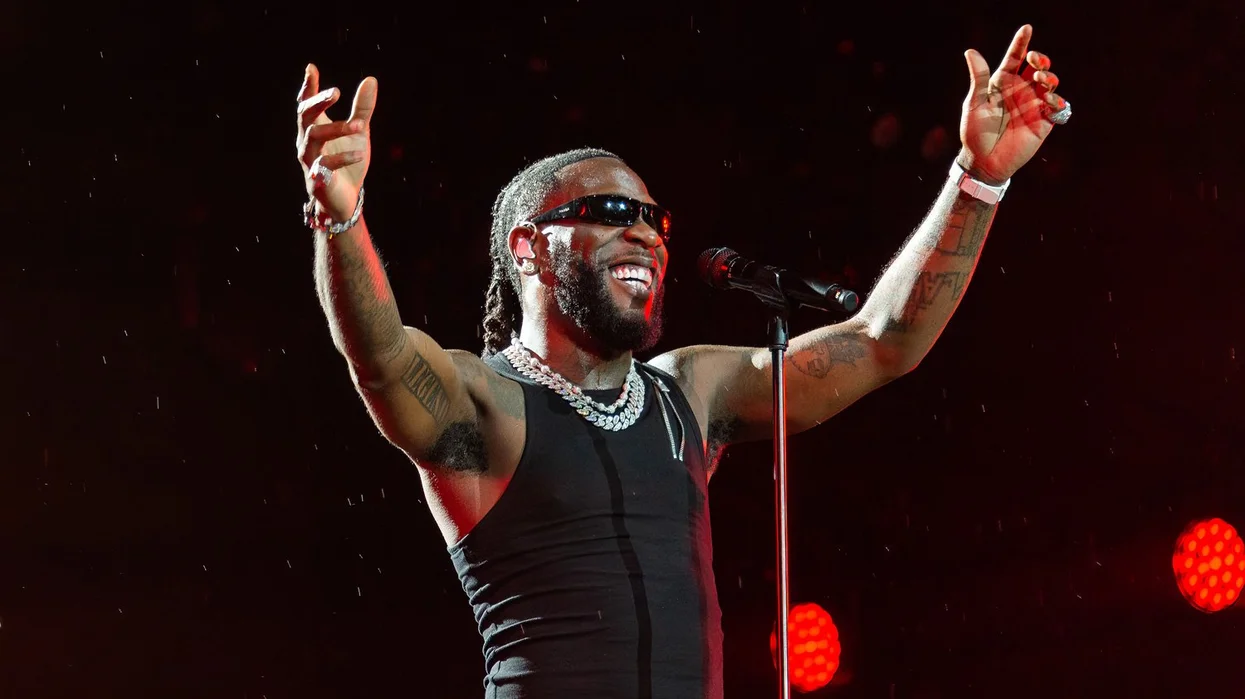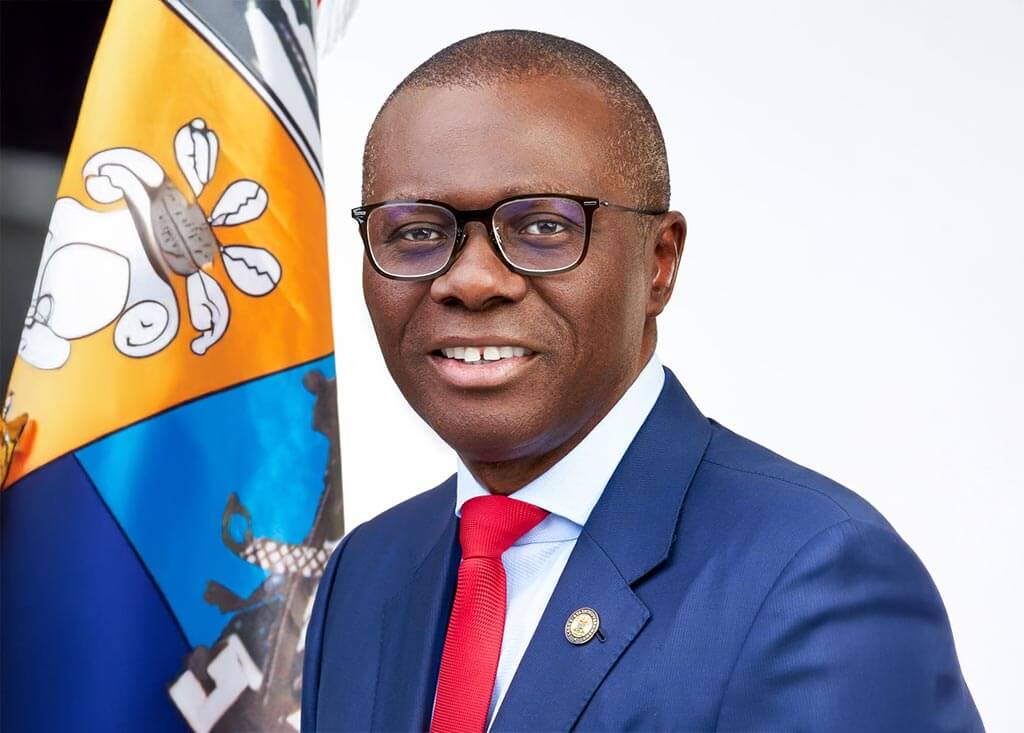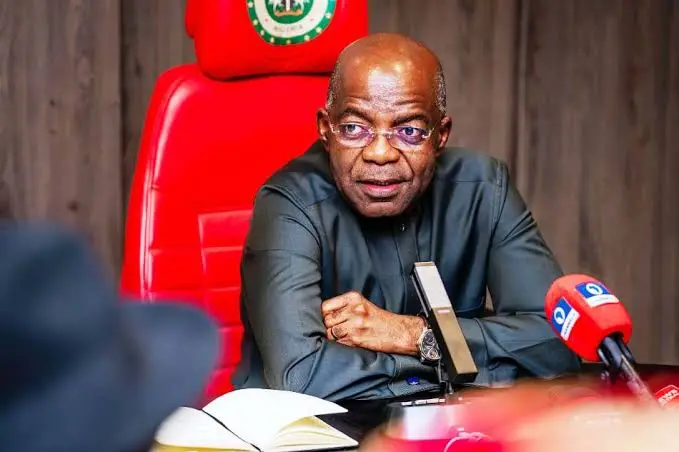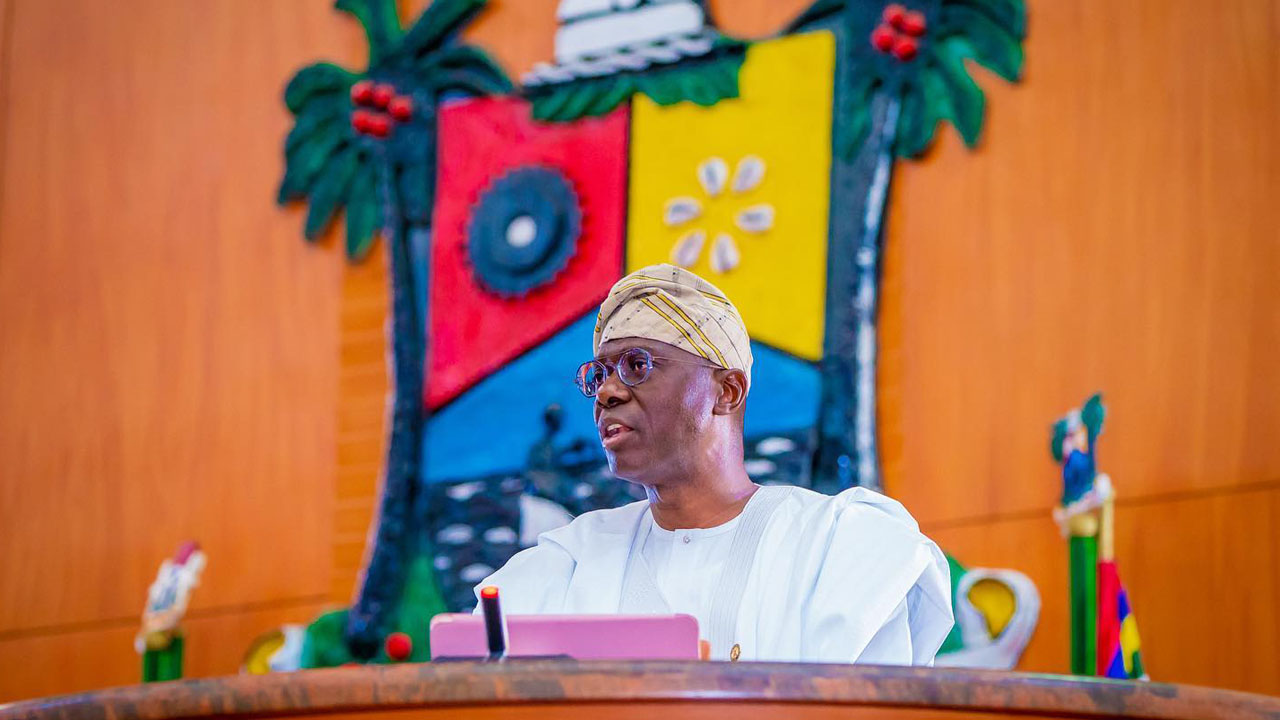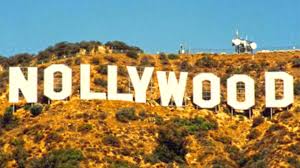
Nigeria’s Entertainment Industry: A Global Powerhouse in Film, Music, Fashion, and Comedy
In recent decades, Nigeria’s entertainment industry has blossomed into a global phenomenon, becoming a key player in film, music, fashion, and comedy. Known as “Nollywood,” Nigeria’s film sector ranks as one of the largest in the world, producing films that resonate with African and global audiences alike. Simultaneously, Nigerian musicians, fashion designers, and comedians have gained international acclaim, elevating Nigeria as a cultural powerhouse.
The Rise of Nollywood
Nigeria’s film industry, Nollywood, is the second largest in the world by volume, following Bollywood and surpassing Hollywood. Producing over 2,500 films each year, Nollywood has captured audiences worldwide through its distinctive storytelling that weaves African culture, history, and contemporary issues. Filmmakers like Kunle Afolayan and Kemi Adetiba have brought unique narratives to the screen, addressing topics ranging from family dynamics to socio-political themes.
Influential Figures in Nollywood
Kunle Afolayan: Often regarded as a pioneer of Nigeria’s new cinema, Kunle Afolayan has directed critically acclaimed films like The Figurine and October 1. His work has helped Nollywood gain respect on the global stage, with these films receiving screenings at international festivals.
Kemi Adetiba: Known for her films The Wedding Party and King of Boys, Kemi Adetiba has carved out a niche for high-quality productions that captivate audiences both locally and internationally. Her work is celebrated for breaking stereotypes about African cinema and introducing thrilling, character-driven narratives.
Nollywood’s Impact on African and Global Cinema
Nollywood films reflect Nigeria’s vibrant culture and social issues, resonating with Africans and the diaspora. The industry has expanded its reach globally, thanks to streaming services like Netflix, which has acquired rights to many Nollywood films, such as King of Boys and Lionheart, directed by Genevieve Nnaji. With access to these platforms, Nigerian filmmakers now reach a global audience, further solidifying Nollywood’s place in the international cinematic landscape.
The Nigerian Music Scene: Afrobeats Taking Over the World
In the music industry, Nigerian artists have brought Afrobeats into the global limelight. Artists like Burna Boy, Wizkid, and Tiwa Savage have transformed this genre, blending African rhythms with pop, hip-hop, and electronic influences.
Top Nigerian Music Icons
Wizkid: Wizkid was one of the first Nigerian artists to break into the U.S. music scene with collaborations like “One Dance” with Drake. His album Made in Lagos achieved massive success worldwide, including hit tracks like “Essence,” which became a crossover success.
Burna Boy: Known for his unique fusion of Afrobeat and dancehall, Burna Boy’s Grammy-winning album Twice As Tall cemented his place as an Afrobeats giant. His international acclaim reflects Afrobeats’ universal appeal, drawing fans from every corner of the world.
Tiwa Savage: Often referred to as the “Queen of Afrobeats,” Tiwa Savage has collaborated with artists like Beyoncé and has become a powerful voice for women in the music industry.
Nigerian Fashion: A Bold Statement of Culture and Style
Nigerian fashion designers have gained worldwide attention for their innovation and cultural expression. With colorful fabrics, bold designs, and a mix of traditional and modern styles, Nigerian fashion captures the country’s diversity and artistic spirit. Designers like Lisa Folawiyo and Kenneth Ize have redefined African fashion, showcasing their work at global fashion events such as Paris Fashion Week.
Leading Nigerian Fashion Designers
Lisa Folawiyo: Known for her use of Ankara fabric, Lisa Folawiyo is celebrated for combining traditional Nigerian styles with a contemporary twist. Her brand has been featured internationally, including in prestigious fashion publications like Vogue.
Kenneth Ize: Kenneth Ize’s work focuses on sustainable fashion, bringing African textiles and heritage to the global runway. His unique take on African designs has earned him collaborations with top fashion houses, making him one of Nigeria’s most exciting young designers.
Comedy: Nigeria’s Rising Comedic Talent
The Nigerian comedy scene has seen incredible growth, with comedians using humor to address social and political issues. Comedians like Basketmouth and Bovi have become household names, using platforms like YouTube, Instagram, and TikTok to reach audiences worldwide. Their work not only entertains but also provides social commentary on issues relevant to Nigerians and the diaspora.
Prominent Nigerian Comedians
Basketmouth: Known for his witty and often sarcastic style, Basketmouth has made significant strides in stand-up comedy and has a successful YouTube channel that showcases his talents to a global audience.
Bovi: Bovi is known for his observational comedy, focusing on everyday Nigerian life and the country’s quirks. His ability to connect with audiences through humor has made him a beloved figure in Nigerian entertainment.
The Future of Nigerian Entertainment
With its influential film industry, globally recognized music stars, innovative fashion, and groundbreaking comedians, Nigeria’s entertainment industry shows no signs of slowing down. Nigerian creatives continue to inspire audiences around the world, demonstrating that African talent is not just emerging—it’s here to stay.
Nigeria’s cultural footprint will likely expand even further as digital platforms increase access to African art, music, film, and fashion. As Nollywood films reach more viewers and Afrobeats solidify their place in global playlists, Nigeria’s role as a cultural superpower only grows.
Conclusion
The world’s fascination with Nigeria’s entertainment sector reflects a broader appreciation of African culture. From the screens of Nollywood to the beats of Afrobeats, and from the fashion runways to comedy stages, Nigeria has become a global cultural ambassador. As the industry continues to grow, Nigerian artists, musicians, fashion designers, and comedians are not only influencing Africa but also leaving an indelible mark on the global entertainment landscape.



